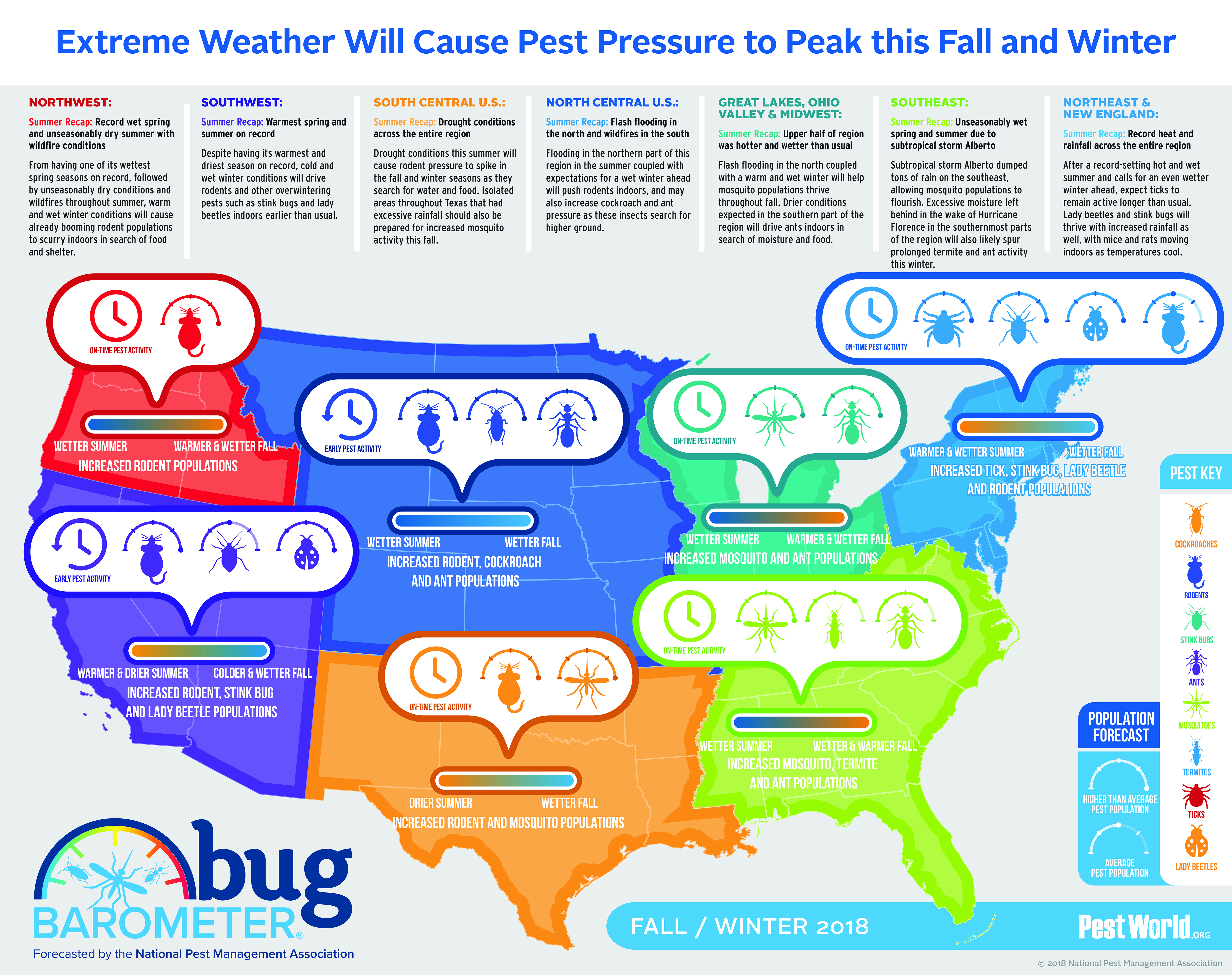Taking Care Of Rodent Infestations: Insights Into Rodent Psychology
Taking Care Of Rodent Infestations: Insights Into Rodent Psychology
Blog Article
Created By- german cockroach pest control
When it involves rodent control, understanding common rodent actions is vital to efficiently managing problems. Did you could check here recognize that rodents have some fascinating nesting practices that might amaze you? By exploring their intricate habits, you can get beneficial insights into how to tackle rodent problems in a much more strategic and efficient manner. So, allow's unwind the enigmas behind these animals' actions and learn how to outsmart them in your rodent control initiatives.
Rat Nesting Behaviors
When observing rodents in their natural environment, you'll discover that they actively seek materials to create their nests. Rats, such as mice and rats, are resourceful creatures that make use of a range of items like twigs, leaves, paper, and material to build their homes. They're thorough in their nest-building procedure, commonly lining their nests with softer products like hair or plumes to develop a comfy setting.
Rats like to build their nests in concealed and protected areas to safeguard themselves and their young from predators. Usual nesting spots include wall surface cavities, attics, basements, and even within insulation products. By creating their nests in these private locations, rats can securely increase their children away from prospective dangers.
It is important to comprehend the nesting habits of rats when carrying out control procedures. By interrupting their nests or removing materials, you can dissuade rats from establishing a presence in your home or property. Appropriate sanitation and sealing entry factors are additionally critical action in preventing rodent problems.
Rodent Feeding Patterns
After observing rats' nesting habits, it ends up being noticeable that their feeding patterns play an essential function in their day-to-days live and actions. Rats, including computer mice and rats, are opportunistic feeders, meaning they'll eat whatever food resource is easily available. They're mainly nocturnal animals, liking to forage for food throughout the cover of evening to stay clear of killers.
Rats have a diverse diet regimen, varying from grains, seeds, fruits, and vegetables to bugs, nuts, and also little animals. This adaptability in their food options allows them to grow in different atmospheres, including urban areas where human food resources are bountiful.
Their feeding patterns aren't only driven by cravings but likewise by the need to accumulate food for times of shortage. This habits is specifically recognizable to prepare for winter months or when nesting. Rodents are understood to hoard food in their nests or burrows, making sure a constant food supply. Recognizing their feeding patterns is crucial in implementing reliable rodent control measures to interrupt their food resources and stop problems.
Rodent Motion and Travel
Rats navigate their environments with agility and stealth, using their keen senses to relocate quickly through their atmospheres. These creatures are skilled mountain climbers, able to scale walls and upright surfaces with ease. They can additionally squeeze via remarkably small openings, making it essential to seal off any potential entry points in your home.
When it pertains to taking a trip, rodents have a tendency to adhere to acquainted courses, producing trails along wall surfaces or skirting the edges of areas. They're creatures of habit, typically staying with these developed courses as they forage for food or discover their environments.
Rats are understood for their nocturnal habits, so you may hear them scampering around at night as they look for food and water. Their activities are quick and unpredictable, enabling them to dart in and out of sight in the blink of an eye.
Comprehending just how rodents move and take a trip can assist you recognize prospective problem locations in your home and take proactive steps to prevent these bugs from obtaining a foothold.
Conclusion
As you work to control rodents in your house, keep in mind that recognizing their habits is essential. By acknowledging their nesting behaviors, feeding patterns, and activity, you can efficiently stop problems.
Coincidentally, by taking aggressive procedures to eliminate food resources and seal entrance factors, you can disrupt their familiar courses and require them to seek brand-new areas, inevitably reducing the possibility of rodent existence in your space.
